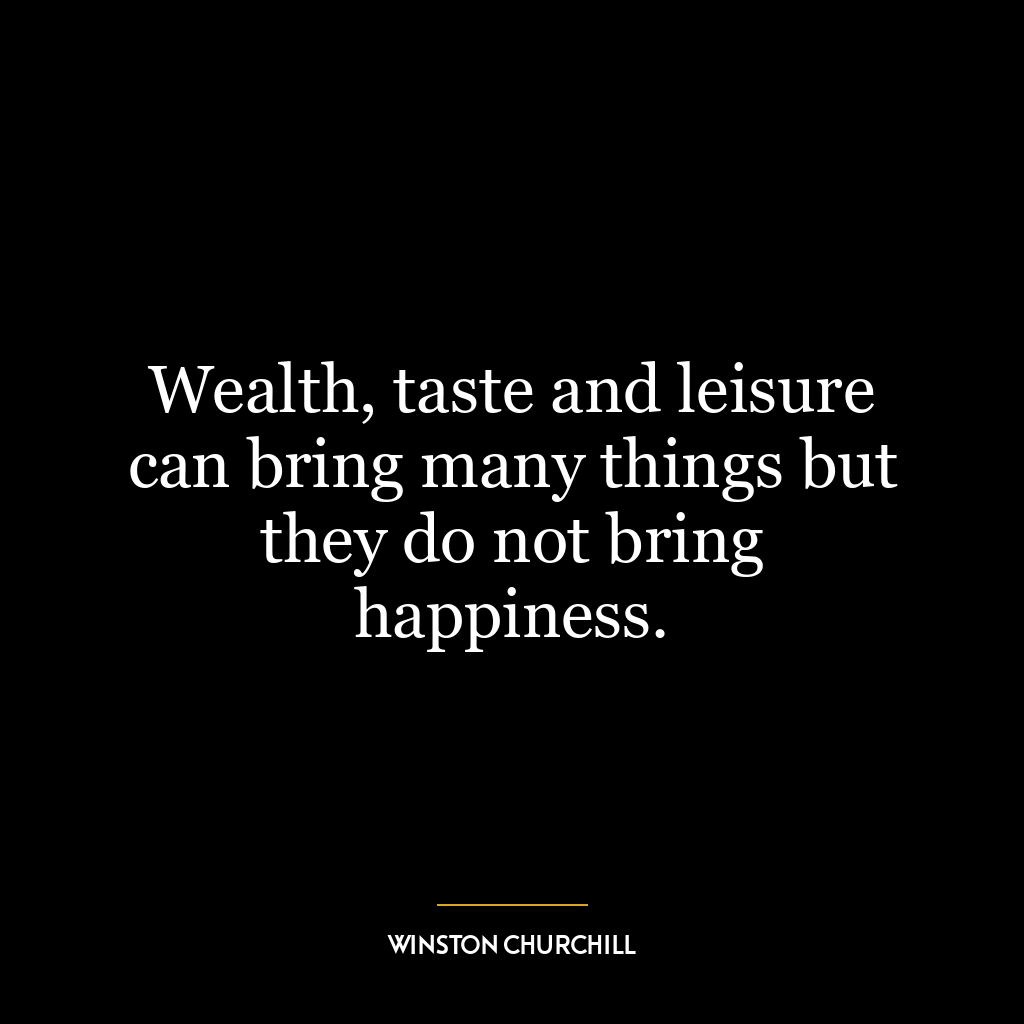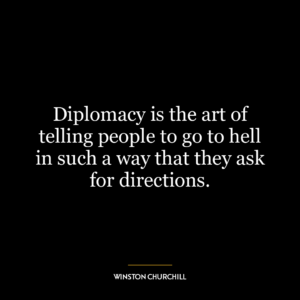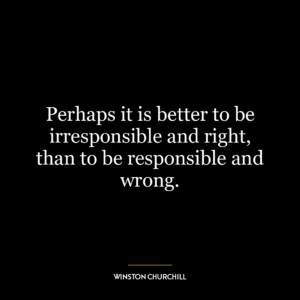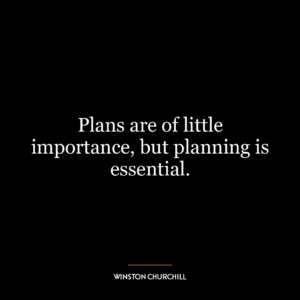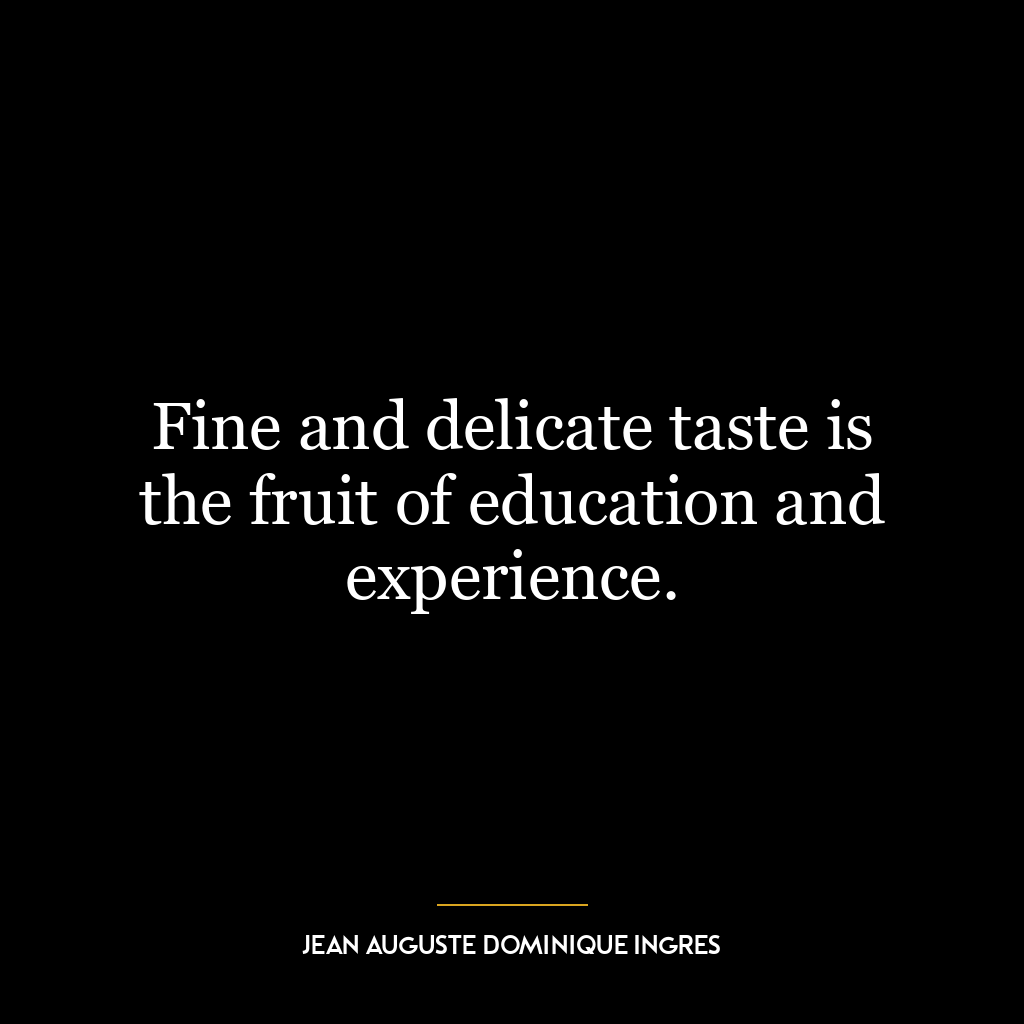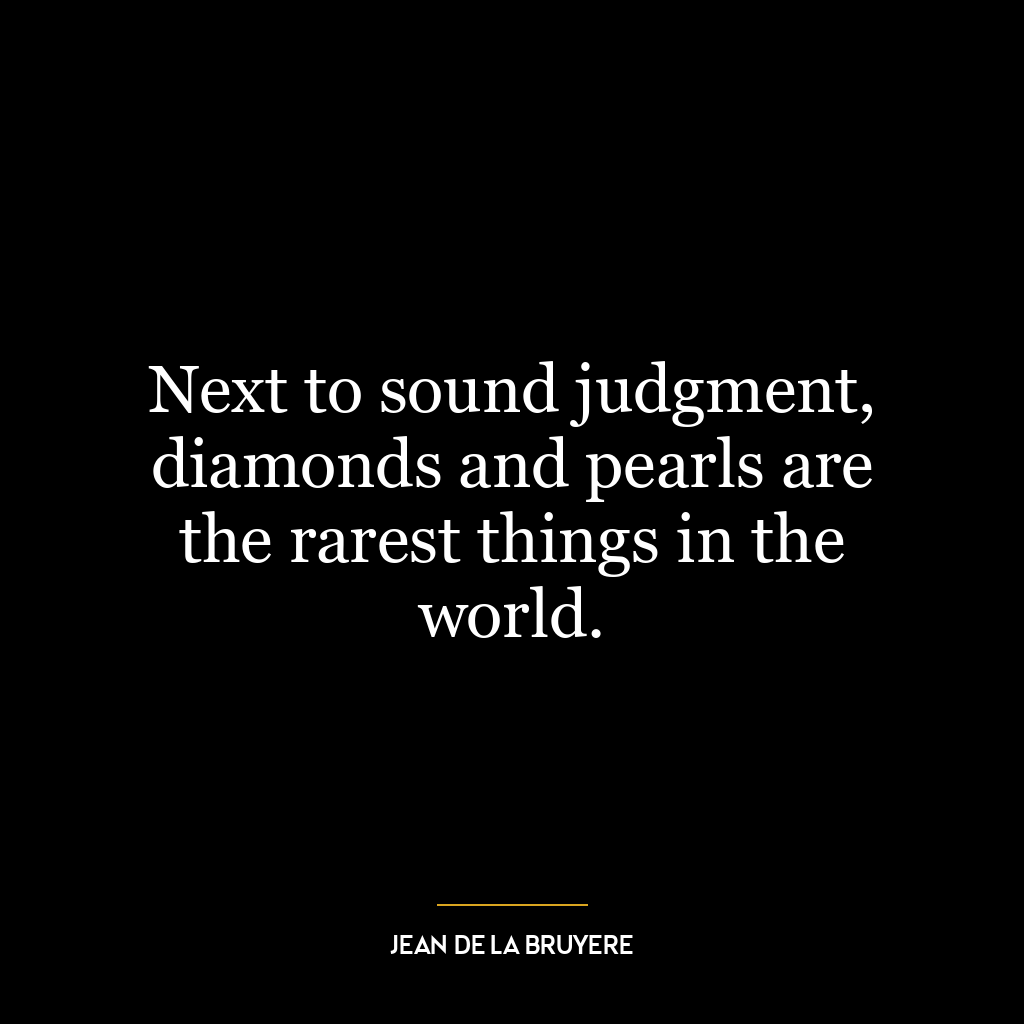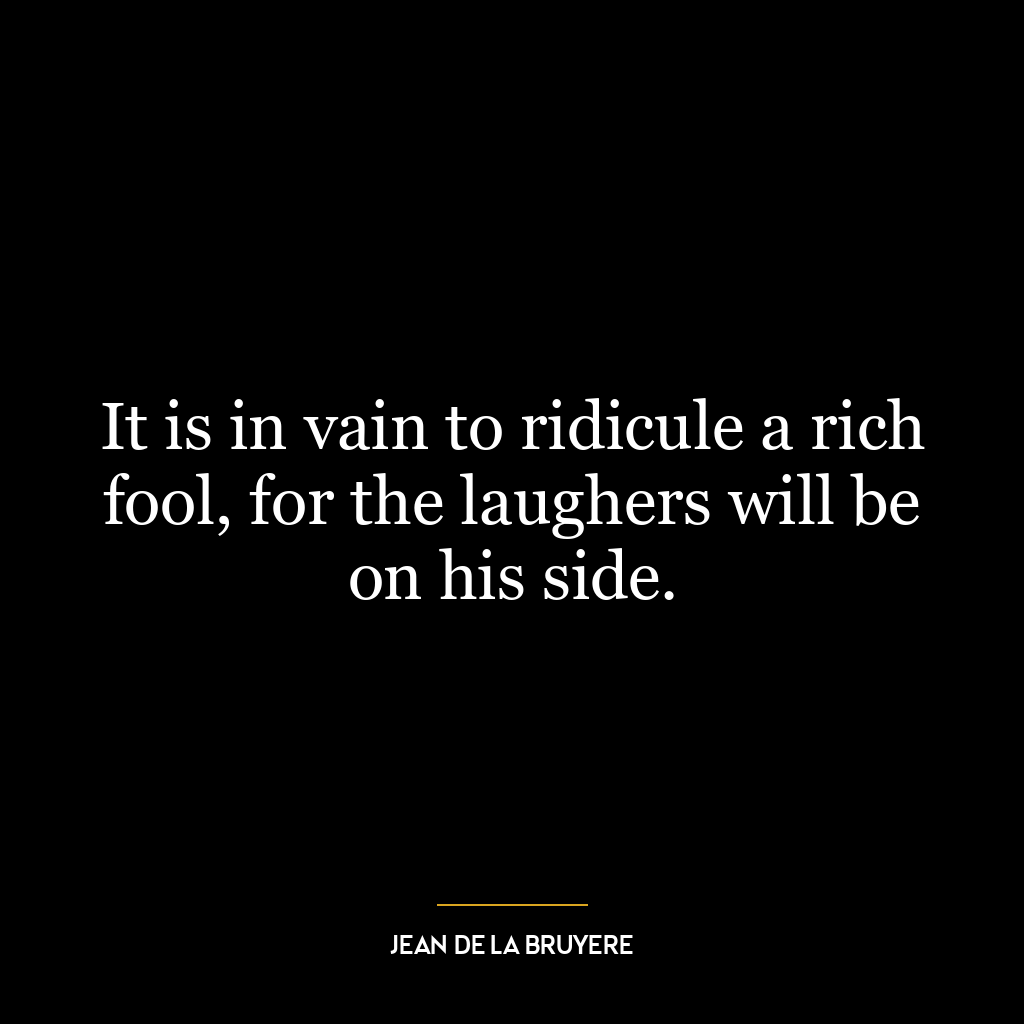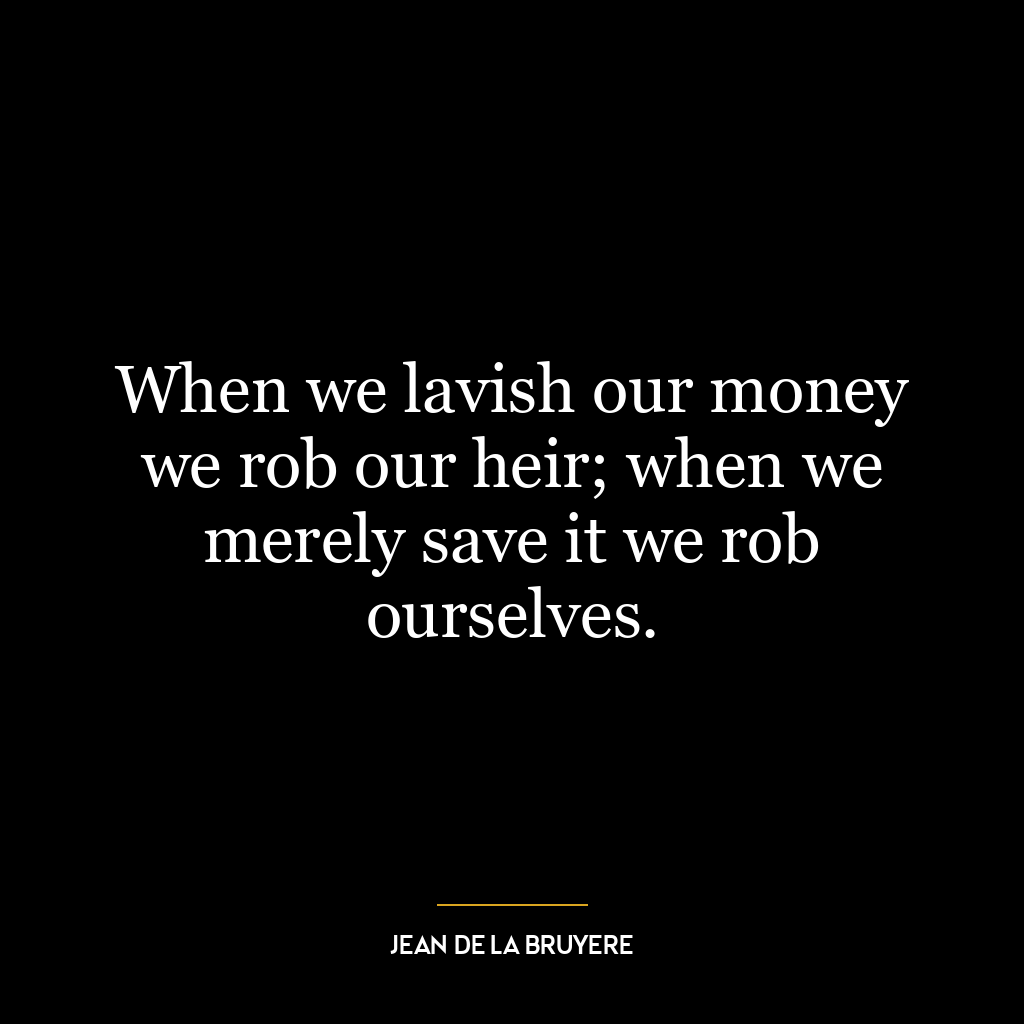Wealth, taste and leisure can bring many things but they do not bring happiness.
This quote is a profound reflection on the nature of happiness and its relationship with wealth, taste, and leisure. It suggests that while these elements can provide comfort and pleasure, they are not synonymous with true happiness.
Wealth, for instance, can afford a person material comforts and financial security, but it does not guarantee contentment. It can even bring about stress and anxiety due to the fear of losing it, or the pressure to maintain a certain lifestyle. Similarly, taste, or a refined sense of aesthetics and culture, can offer intellectual stimulation and social prestige, but it does not necessarily fulfill emotional or spiritual needs. Leisure, too, can provide relaxation and freedom from work-related stress, yet without purpose and meaningful engagement, it can lead to boredom and emptiness.
In essence, the quote underscores the idea that happiness is not a product of external circumstances or possessions, but rather, an internal state of being that must be cultivated through self-awareness, inner peace, meaningful relationships, and purposeful living.
In today’s world, this idea is particularly relevant considering our consumerist culture that often equates happiness with material wealth and social status. The pursuit of these external markers of success can lead to a never-ending cycle of desire and dissatisfaction, as there will always be something more to acquire or achieve.
In terms of personal development, this quote can serve as a reminder to focus on inner growth and self-fulfillment rather than external validation. It encourages us to seek happiness in simple pleasures, meaningful connections, and personal achievements that align with our values and passions. It also suggests that true happiness comes from appreciating what we have, rather than constantly striving for more. This can lead to a more balanced, contented, and fulfilling life.

